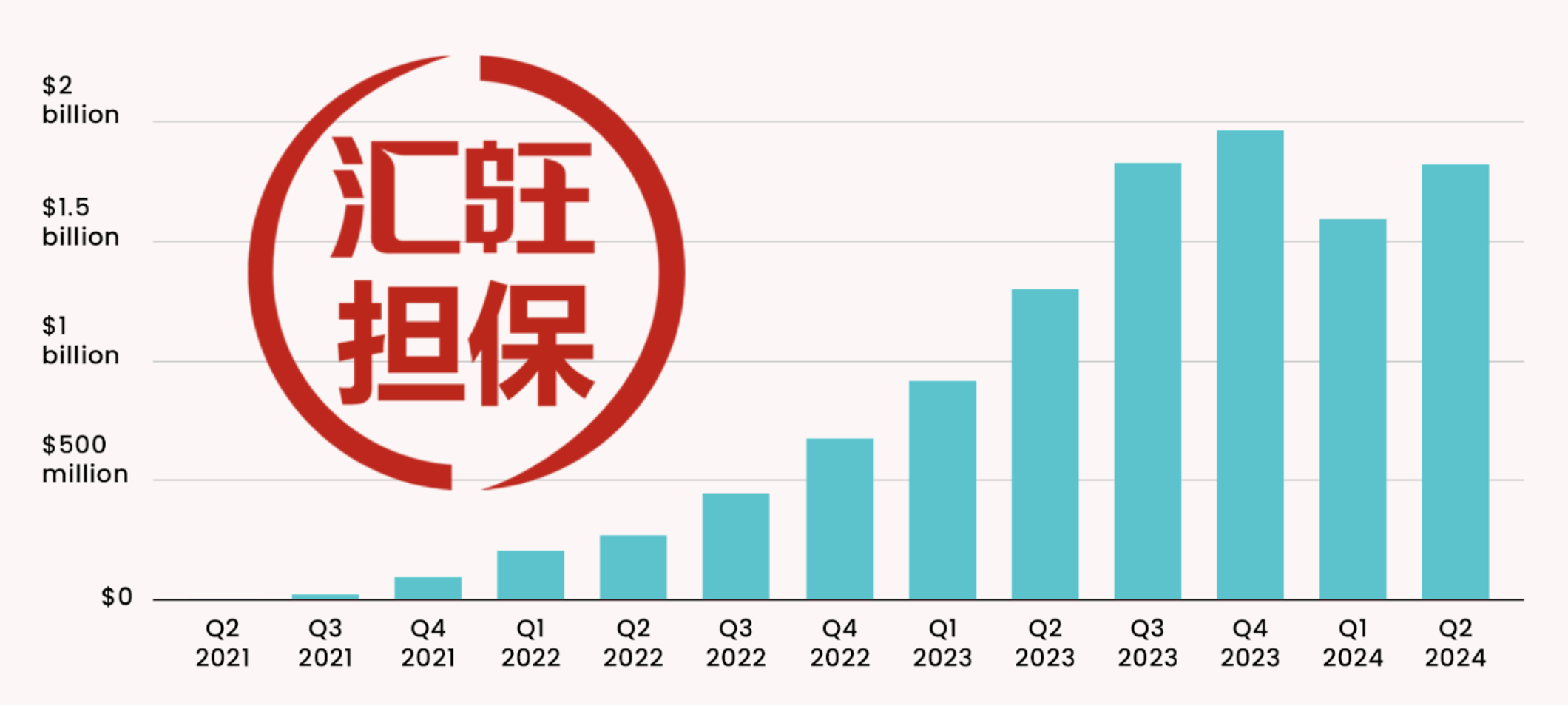Laos, the Southeast Asian nation, has decided to halt electricity supply to cryptocurrency mining operations within the country. The state-owned electricity distribution company, Électricité du Laos (EDL), cited a range of factors for this decision, including the challenge of generating sufficient power due to ongoing drought conditions.
Laos blames increased electricity demand
In a recent announcement, EDL pointed out that the first half of 2023 was marked by a severe drought, resulting in heightened electricity demand due to increased temperatures. These conditions have led to a struggle to generate adequate power, particularly affecting hydropower plants. Notably, hydropower constitutes a significant portion of Laos’ power generation, contributing up to 95% of the country’s energy output.
EDL expressed its commitment to supplying electricity locally while also aiming to export substantial amounts of power to neighboring Thailand by the year 2024. However, these ambitious goals could face obstacles as the situation worsens. An EDL representative, speaking to the Laotian Times, highlighted another reason behind the suspension of electricity supply to crypto mining projects: unpaid outstanding balances by these operations.
Laos’ foray into crypto mining was initiated with the approval of a public-private pilot program in September 2021. This program was designed to explore cryptocurrency mining and trading, capitalizing on China’s crackdown on mining activities that prompted large-scale miners to seek alternative locations. The Laotian government granted permission to six companies to engage in mining operations within the country as part of this initiative.
Discussing the effect of the move on the economy
Meanwhile, in a different part of the world, the Sultanate of Oman has made a significant move in the realm of crypto mining. The country, situated on the Arabian Peninsula, has inaugurated a crypto-mining center with an investment of $370 million. The center, established within the Salalah Free Zone, is set to be operated by a local company named Exahertz, in collaboration with Dubai-based blockchain firm Moonwalk Systems.
In a parallel development, a Chinese official faced the consequences of corruption linked to Bitcoin mining. Xiao Yi, a Chinese politician, was sentenced to life in prison on charges of abuse of power and corruption. Yi was found guilty of orchestrating a Bitcoin mining enterprise and subsequently concealing its operations. He achieved this by instructing various departments to fabricate reports and manipulate electricity consumption data.
These recent events underscore the multifaceted impact of cryptocurrency mining on global economies and politics. While countries like Laos and Oman navigate challenges related to power generation and sustainability, individuals within the sector, like Xiao Yi, face legal ramifications for their actions. The evolving landscape of cryptocurrency mining continues to influence the way nations approach energy resources and financial systems alike.





